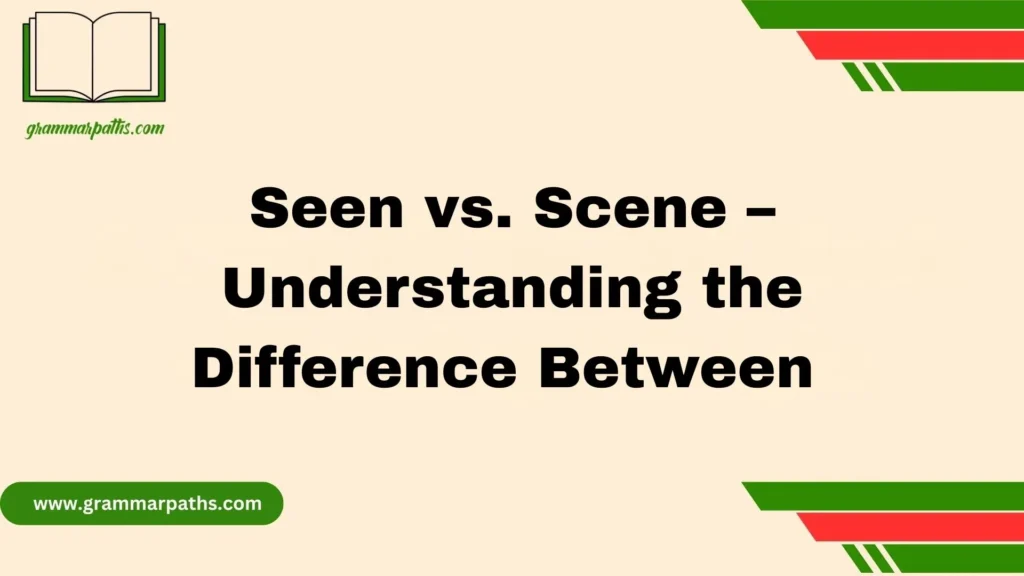I once worked on a team project where a coworker suddenly bailed just one day before a crucial deadline. The feeling of being abandoned in such a critical moment, under immense pressure, while scrambling to manage tasks with a sinking sense of panic, is something I’ll never forget. It was a deeply human experience that showed me what the idiom “left in the lurch” really means. It’s not just about a friend who vanished when times got tough, or someone who deserted you when support was most needed—this phrase captures an emotional truth that leaves you betrayed.
Over time, I realized this expression has endured through centuries for a reason, because everyone knows such betrayals. Its historical roots remain strong, yet it still feels sharp in modern speech. As a language enthusiast, I often guide people in workshops on how powerful idioms evolve with time, using examples, cultural facts, and context from life. This saying is like a snapshot of something painfully real, raw, and familiar to those who’ve faced hard moments, proving why words carry such lasting weight.
What Does “Left in the Lurch” Mean?
At its core, “left in the lurch” means being abandoned, deserted, or left helpless when support was expected. It carries a strong sense of betrayal or neglect because the person relying on help ends up stranded.
- Literal sense: to be left stuck or trapped.
- Figurative sense: to be let down, often at a critical moment.
For example:
- “She promised to pick me up, but she left me in the lurch at the last minute.”
- “When the company went bankrupt, its employees were left in the lurch without pay.”
The phrase highlights the emotional weight of abandonment, making it more vivid than simply saying someone was “left alone.”
The Origin of “Left in the Lurch”
The idiom traces back to 16th-century France, where a game called lourche—similar to backgammon—was popular.
- In lourche, if a player was left at a hopeless disadvantage, they were said to be “left in the lurch.”
- The French word lourche literally referred to an unfavorable game position with no escape.
When the phrase moved into English, it kept that sense of being stuck or abandoned. Early literary uses from the 16th and 17th centuries confirm this transition.
For example, Sir Thomas Urquhart used the phrase in his 1653 translation of Rabelais’ Gargantua and Pantagruel, showing that by then it had already entered English vocabulary.
Evolution of the Idiom Over Time
Over centuries, the idiom shifted from a gaming term to a broader metaphor for abandonment.
- 16th–17th century: tied closely to games of chance and strategy.
- 18th century: writers began using it in literature and plays to describe people betrayed or deserted.
- 19th century onward: it became a common everyday idiom used in speech, journalism, and politics.
By the Victorian era, “left in the lurch” had lost its connection to games entirely and carried the strong emotional meaning we still recognize today.
Usage in Modern English
Today, “left in the lurch” appears in both casual and formal settings. It often shows up in conversations, journalism, and even political speeches.
Tone and register
- Casual: “Don’t leave me in the lurch!”
- Formal: “Citizens were left in the lurch after the sudden policy withdrawal.”
Common sentence patterns
- “X left Y in the lurch when…”
- “Y was left in the lurch after…”
The idiom is versatile, but it always conveys a sense of unexpected abandonment.
Real-Life Scenarios
Let’s make this more concrete. Here are examples of how you might encounter the idiom in real life:
Workplace
- A team member quits mid-project, leaving the rest of the group scrambling.
- A manager promises support but disappears when problems arise.
Relationships
- A partner cancels important plans at the last second.
- A friend avoids responsibility, leaving you to handle it alone.
Finances & Responsibility
- Being stuck with a bill because someone walked out on dinner.
- A roommate moving out without notice, forcing you to cover rent.
Society & Politics
- Governments pulling out of international agreements suddenly.
- Leaders abandoning allies during conflict or negotiation.
Related Idiomatic Expressions
“Left in the lurch” isn’t the only idiom that captures the feeling of abandonment. Here are a few related expressions:
| Idiom | Meaning | Example |
| High and dry | Abandoned without help or resources | The workers were left high and dry after the factory closed. |
| Hung out to dry | Exposed to blame or failure without protection | The intern was hung out to dry when the manager denied responsibility. |
| Thrown under the bus | Sacrificed for someone else’s benefit | He was thrown under the bus by his teammates. |
| On your own | Left alone to manage something | You’ll have to do this on your own now. |
These idioms share similar meanings, but “left in the lurch” often feels older and more formal compared to modern phrases like “thrown under the bus.”
Examples in Sentences
Examples help solidify understanding. Here are different contexts where the idiom naturally fits:
- “When her business partner vanished with the funds, she was left in the lurch.”
- “The sudden storm left hikers in the lurch, forcing them to seek shelter.”
- “If we don’t prepare a backup plan, we’ll be left in the lurch.”
- “His absence during the crisis left the whole community in the lurch.”
Notice how the phrase works equally well in personal, professional, and societal contexts.
Cultural and Literary References
Writers and filmmakers often use “left in the lurch” to create emotional weight.
- Literature: Charles Dickens occasionally employed idioms like this to highlight neglect in society.
- Film: In movies, characters deserted by friends or allies are often described as being “left in the lurch.”
- Media & Politics: Journalists frequently use it when reporting on allies abandoning agreements, employees left without support, or citizens stranded after disasters.
This shows how the idiom remains culturally relevant across different domains.
Common Misunderstandings or Misuses
Many people mistakenly link the idiom to the verb “lurch,” which means to stagger or move suddenly. While the two words look the same, their origins are completely different.
- “Lurch” (verb): sudden, unsteady movement (e.g., “The car lurched forward.”)
- “Lurch” in the idiom: comes from the French lourche, tied to a hopeless situation in a game.
Confusing these two leads to awkward misuse. Remember: “left in the lurch” doesn’t describe movement—it describes abandonment.
Quick Reference Table
| Aspect | Explanation | Example |
| Meaning | To be abandoned or stranded without help | She was left in the lurch when her ride never came. |
| Origin | French game lourche (16th century) | A player in a losing position was “in the lurch.” |
| Modern Use | Everyday English in work, life, and politics | Citizens were left in the lurch after the power outage. |
| Related Idioms | High and dry, hung out to dry, thrown under the bus | He was thrown under the bus during the debate. |
Conclusion
The idiom “left in the lurch” reminds us of those tough times when someone we trusted suddenly walked away, leaving us to deal with the pressure alone. It carries a strong emotional impact because it reflects real-life moments of being abandoned or betrayed. With its historical roots and continued use in modern speech, the phrase shows how language and idioms evolve yet remain powerful in expressing human experience.
FAQs
Q1. What does “left in the lurch” mean?
It means being abandoned or left without support in a critical moment.
Q2. Where does the idiom come from?
It has historical roots going back centuries, originally linked to a game, but it has endured in everyday speech.
Q3. Can I use it in modern conversation?
Yes, it’s still common in modern language, especially when describing tough situations.
Q4. Why is it considered powerful?
Because the phrase captures a deeply emotional truth and feels painfully real to anyone who has faced hard moments.
Q5. Can you give an example?
“My coworker bailed on our project just one day before the deadline, and I was totally left in the lurch.”

Grace Marie is the dedicated writer behind GrammarPaths.com, where she shares her passion for English grammar, idioms, and writing mastery. With a strong background in language studies and years of experience helping learners improve their communication skills, Grace creates clear, practical, and engaging content that makes English easy to understand.












